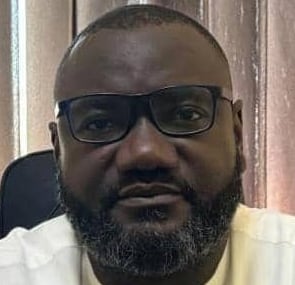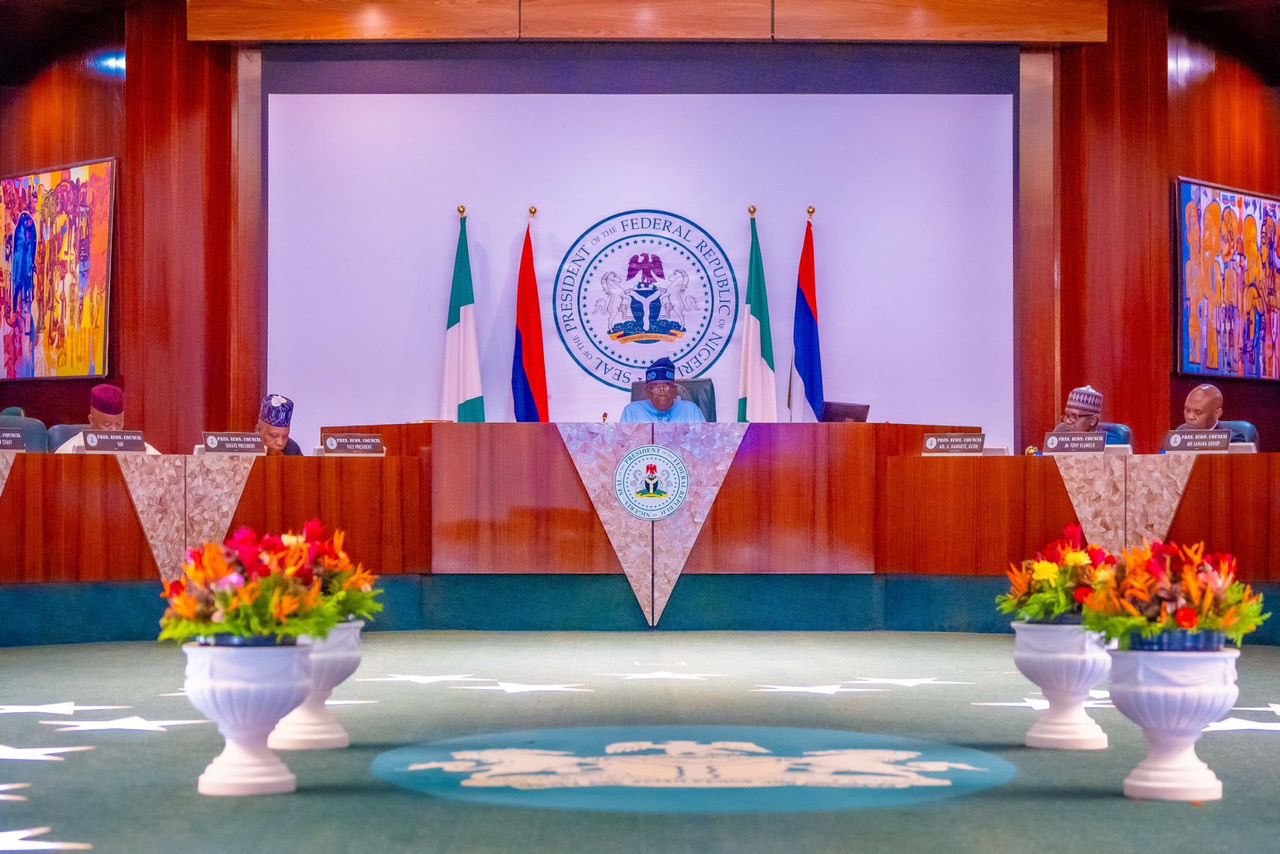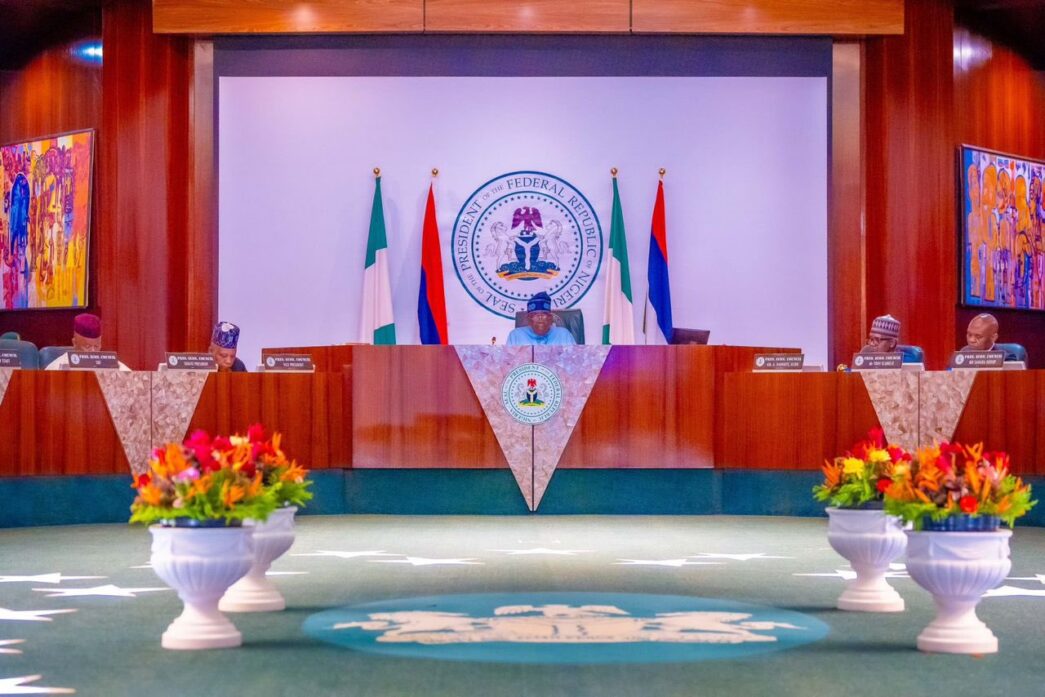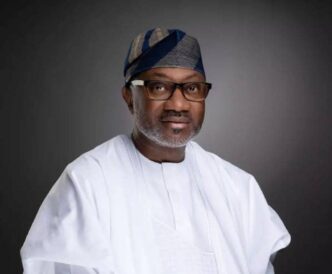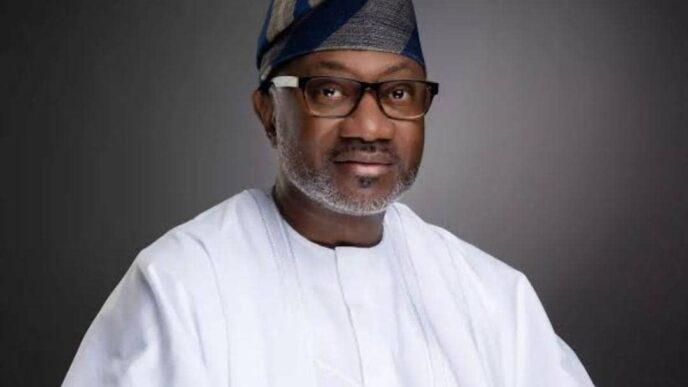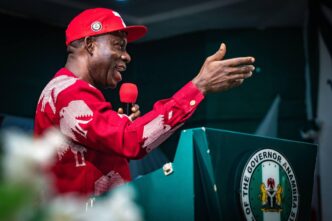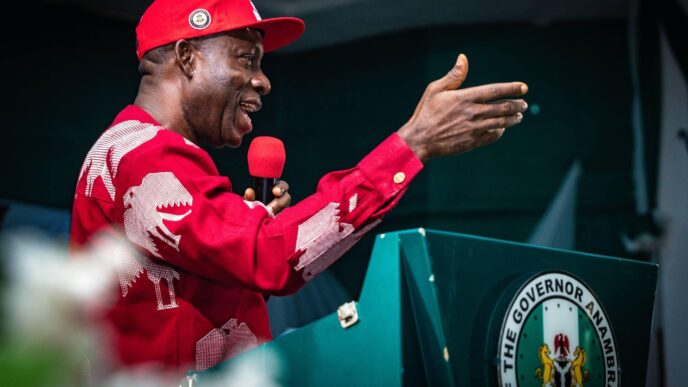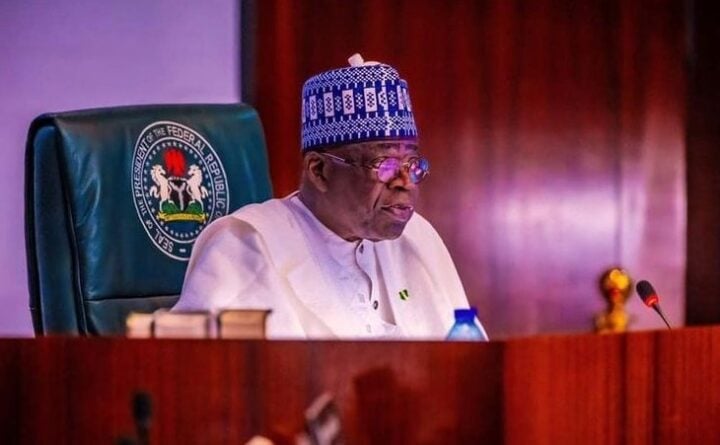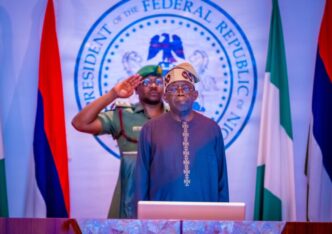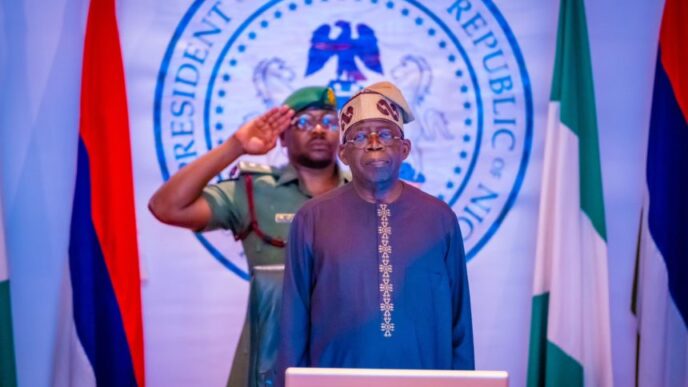The protests in parts of the country have brought some critical questions about governance to the fore. There are three tiers of government as enshrined in our Constitution: federal, state and local governments. Nigeria is one of the few countries in Africa that adopted a federal system of government that envisages autonomy for every sector. Its authority and effective governance depend on an appropriate division of responsibilities and resources.
This system has been in effect, but with little or nothing to show. Unfortunately, the president has remained the scapegoat in the governance imbroglio. People rarely talk about state governors and how they have constituted themselves into principalities that hinder sustainable growth and development. I stand to be corrected.
Every month, commissioners of finance of the 36 states in the country converge in Abuja to get their allocations from the national treasury. Afterwards, nothing is heard about the utilization of these allocations. Whether or not they are transparently or effectively utilized is not a topic of public discourse. Remember that funds for local government councils are also paid directly to state coffers under a joint account until the recent Supreme Court judgement granting local government councils autonomy. But the state governors kicked. Why did they kick against it?
Samson E. Obamwonyi and Stanley Aibieyi, PhD, in a paper titled “State governors as albatross to democracy and local self-government in Nigeria argued that “Local governments in Nigeria have become the “weeping child” of state governors. The elected officials have been rendered almost useless as they are at the beck and call of state governors. At every slightest opportunity, governors sack or dissolve local governments at will. This is to the detriment of the people who elected the local council officials and democracy.” This profiling is apt.
Advertisement
It is common to find some states with caretaker heads for local government councils. The governors appoint caretaker chairpersons and dissolve them at will, regardless of the recognition of the local governments as a tier of government. This has been the case for decades. Let me create an alternate history. Imagine that instead of democratically elected state governors, the president appoints administrators for states and dissolves them at will. Imagine a situation where the federal government receives allocations on behalf of the states and releases these funds at the president’s behest. There would be chaos.
I do not like monthly money sharing in Nigerian style among the tiers of government, and it ends there. There should be some mechanism to monitor the utilization of these monies, especially at the state and local government levels. For example, in June, the Federal Account Allocation Committee (FAAC) stated that N1.354 trillion in total revenue, including statutory revenue of N 142.514 billion and Value Added Tax (VAT) revenue of N523.973 billion, was shared by the three tiers of government. According to the disbursement figures, the federal government received N459.776 billion, the state governments received N461.979 billion, and the local governments received N337.019 billion.
Here is the catch. The difference between what the federal and state governments received was N2,203 billion in favour of state governments. Remember that the state governments also receive the allocation for the local governments. The implication is that the state governments received an additional N337.019 billion (local government funds). Therefore, the total amount the state governments received stood at N798.998 billion, the bulk of the country’s revenue. This is why state governors will kick against local government financial autonomy; it would mean less money for the governors to fritter. But thank God for the Supreme Court judgement that granted financial autonomy to the local governments in line with our constitutional provisions.
Advertisement
Interestingly, all state governments have internally generated revenues running into billions of naira monthly. We must admit that there is so much money at the disposal of state governors, and what they do with it is left to be imagined. In my opinion, this should be the focal point of the protest. We should ask questions about the stewardship of state governors. What have the state governors done to cushion the effect of the hardship in the country with the quantum of monies at their disposal?
In his recent speech, the president stated that the federal government released N570 billion to the 36 states to expand livelihood support to their citizens. No state governor has refuted this claim. And they have yet to tell us how these monies were utilized. Isn’t this an anomaly? There are a few exemptions, no doubt, but the bulk of state governors are guilty. This is what you get when state governors wield so much power.
Interestingly, we assume the president is powerful, but the governors are in reality. They are notorious for getting their way. They can bring the president to his knees. We have seen several examples. Ask former president Olusegun Obasanjo to share his experience.
What about security votes? Governors receive extra monies under the cover of security votes. These monies run into billions, yet state governors have been unable to address security challenges in their states. Why do governors receive security votes? I don’t even know how to couch this. It does not make sense. Unfortunately, in the last year, the bullet has been directed towards the president while state governors continue to enjoy themselves. It is public knowledge that some state governors spend considerably more time in Abuja than in their states. The profligacy of state governors is legendary. They get away with everything, and nobody talks about it.
Advertisement
We can’t continue like this and expect magic to happen. Nigerians should demand accountability from state governors. I am unaware that state governors are held accountable for how they utilize the state’s resources. This is the challenge, and no matter the federal government’s interventions, there won’t be sustainable growth and development in the country. Unfortunately, the Constitution does not permit the president to demand accountability from state governors. I stumbled upon an article where the author stated, “The governors in Nigeria are very powerful. They recognize their powers, seem invincible, and thus operate like a cult.” Who would argue with this statement?
State governors are the most powerful stratum of government in Nigeria. The president defers to them for political expediency. This is the missing link in our development journey. It is not enough to protest bad governance in the country, targeting only the president. What about the state governors, and what is the job of a state governor?
Ocheja, a military historian and doctoral researcher, is an alumnus of the Nigerian Defence Academy.
Advertisement
Views expressed by contributors are strictly personal and not of TheCable.
